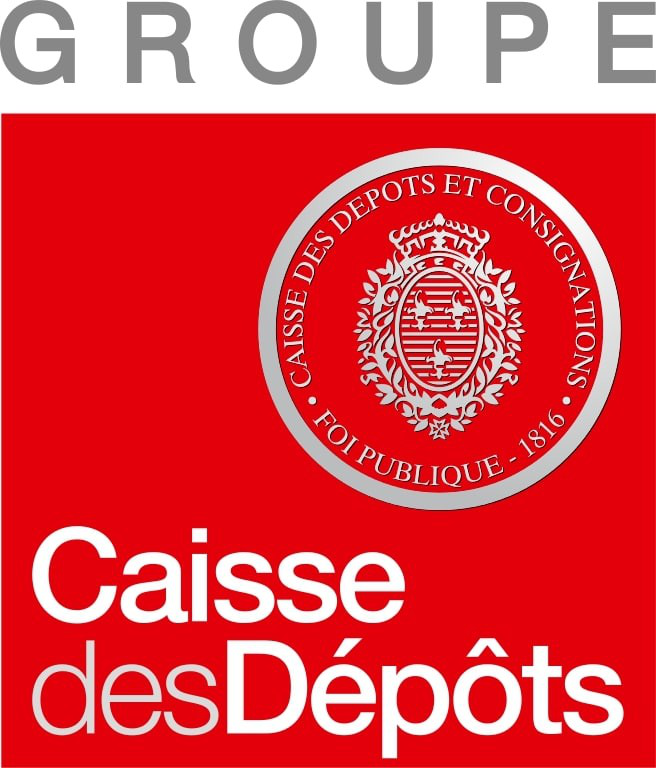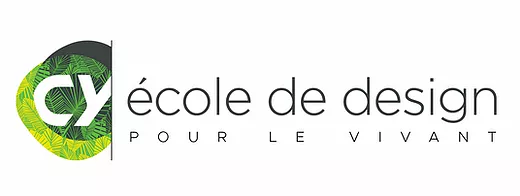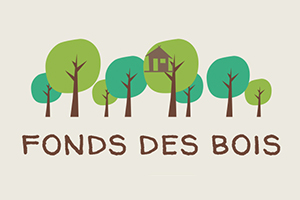Spectacle en ligne(s)
Published : Projects |
The goal of the Spectacle en ligne(s) project, destined for researchers, teachers and the public, is to constitute an original corpus of recordings of theater and opera rehearsals, in order open up to a field of research that, due to the lack of this corpus, still remains unexplored: a genetic analysis of the works.
Recently, artistic criticism, and in particular theatrical studies, utilizes video to analyze and understand how the creative process evolves over time. This type of research necessitates a complete mechanism which Show On-line(s) attempts to establish: a low-cost methodology for recording and industrial audiovisual materials, appropriate methods for indexation and a flexible, open data model, as well as scientific, pedagogic and public tools for publishing, all in a context where the amateur public can aspire to new situations in confronting the works.
The project comprises four main objectives, in terms of interdisciplinarity in human and social sciences (Theater/Opera), and direct crossovers with the information sciences :
1. A research objective on mise-en-scène, starting from two fields of experience: Theater and Opera, with the goal of developing a methodology and tools focusing on a genetic analysis of the works based on video recordings. On the one hand, an improved transmission of knowledge, of skills, of different approaches, for improved comprehension, therefore improved critical judgement, of creation and the different elements with which it is constituted. On the other hand, an improved transmission of theater history, because for the first time, we will be able to offer scholars and future professionals a visual memory of theatrical work, and to nourish their capacity to innovate through knowledge of previous works.
2. An industrial objective for the conception and development of a simple, reliable tool for recording, indexation, analysis and publication of enriched archives.
3. A documentary and engineering objective, proposing an approach that predominantly uses the emerging standards of the semantic Web (ontology of tags/RDF) and of the audiovisual Web (W3C mediafragment/HTML5)
4. A social engineering and sociological analysis objective, developing, on the one hand, annotation strategies and collaborative analysis with the public and, on the other hand, studying the social dynamics linked to engaging amateurs directly with professional productions.

 in english
in english en français
en français











